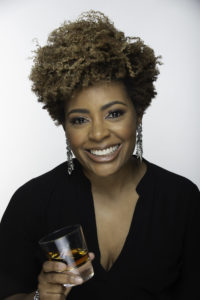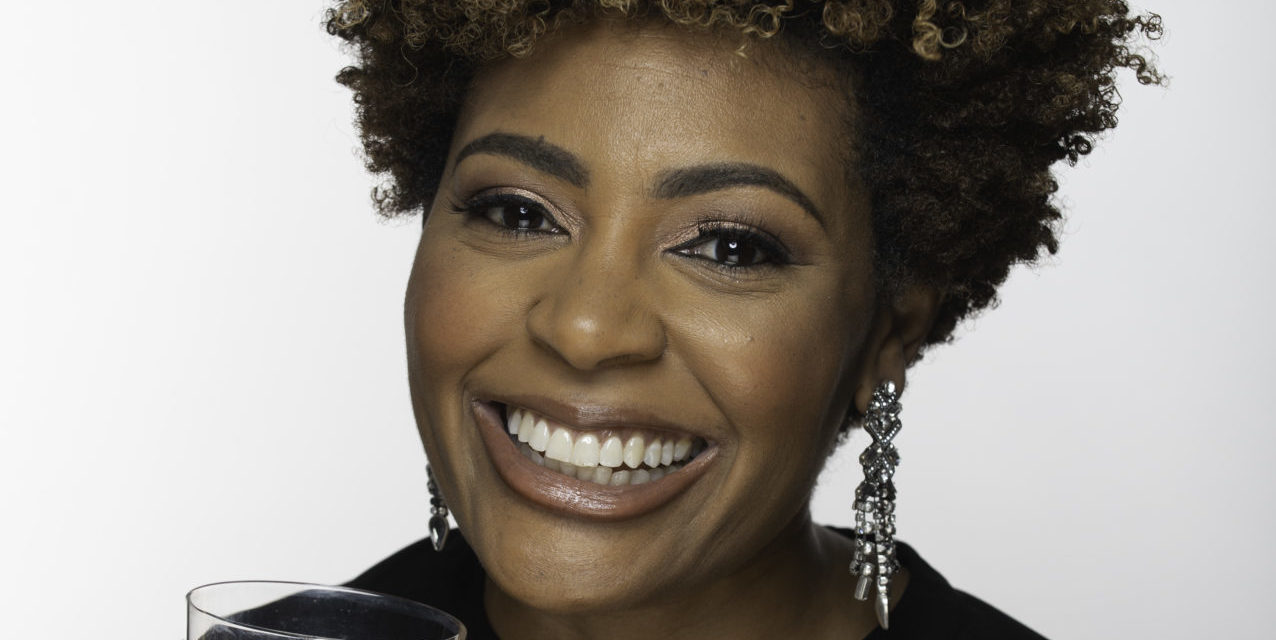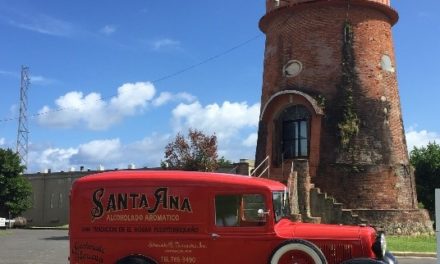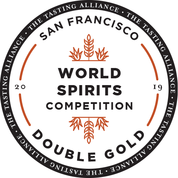“Oh, my goodness,” says Samara Rivers, recalling the days following the launch of the Black Bourbon Society, when she found herself pleasantly surprised by the pent-up demand among African American drinkers who wanted sound, sophisticated information about America’s favorite homegrown whiskey.
Rivers, who was living in Oakland, Calif. (she’s since moved to Atlanta, Ga.), had been working as an event planner when she was contacted by an agency promoting liquor brands. They asked her to set up a few events at bars and restaurants.

Samara Rivers, Black Bourbon Society
When she inquired about the target audience, she was met with shrugs and some canned marketing material. ”None of which I felt I fit in,” Rivers says. “The only reference they had to African Americans was in the urban demographic, and it was very hip hop and had an image of guy with baggy pants. It was a very stereotypical image of what the agency thought blackness was.”
Rivers set about to change that, aiming to connect and educate African Americans who were curious about top-quality brown spirits. She launched the society three years ago, hoping to serve two purposes: create a forum where fellow bourbon lovers could meet online and in person; and offer an avenue for brands to reach an overlooked and misunderstood market.
The society has drawn a lot of interest nationally, but especially in Atlanta, Maryland, Virginia, and D.C. “And we have a big following in Texas and Chicago,” she says. ”It’s really just word of mouth.”
The African American whiskey market is not insignificant. According to data from IWSR, a firm that tracks international drink trends, African American consumers account for slightly more than 10 percent of the bourbon and Scotch markets, 12 percent of blended whiskey, and more than 14 percent Canadian whiskey.
Rivers acknowledges the industry hasn’t willfully ignored the African American market. “It just didn’t know how to [make that connection]. They were more focused on urban culture. It goes back decades of having Crown Royal and other products pushed down our throat,” she says.
The Black Bourbon Society now has 2,000 paid members. More than 17,000 followers are active on its Facebook page.
Rivers initially staged several gatherings where members could meet, taste, and compare, then she set up a Facebook group for the conversations to continue. “I’ve had emails from all over, with people writing, ‘Oh my god, I thought I was the only one who collected liquor,’” she says.
Many members have since organized their own trips, meeting up to visit Kentucky distilleries and beyond. “We’ve had some members traveling internationally, collecting Japanese whiskey,” she shares.
The whiskey industry is gradually catching up. Among the more celebrated new brands: Uncle Nearest, created by a group of African Americans and built around the story of Nearest Green, an accomplished distiller who happened to be a slave—and who is believed to have educated Jack Daniels as he was getting his Tennessee operation under way.
“We do know that there is a black history in bourbon history,” Rivers says. “We would love for more of those stories to come out and be uncovered. It brings more honor and connection with the legacy of whiskey. Let’s highlight all the stories that went into making whiskey what it is today.”










